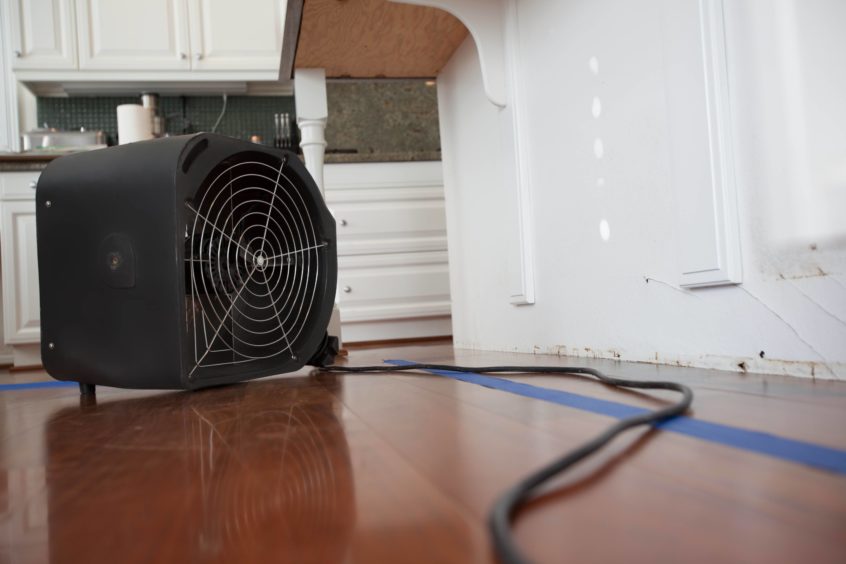
How to Prevent Water Damage this Winter
While maybe not according to the calendar, it sure feels like winter’s arrived! With all the great things that winter brings to our homes and families, one thing is certain: winter water damage can be the worst. Here are precautions your family can take in insuring that your house doesn’t fall victim.
Inspect Your Roof & Gutters.
No one wants a leaky roof. It can cost you money, comfort, and sanity (no one wants to hear “drip, drip, drip” all night long!). Before the winter weather gets too crazy, take the time to check your roof for any possible leaks or cracks and seal them now, rather than having to deal with the consequences later. It’s also wise to clear out your rain gutters and down spouts before the winter season really hits as well. (Always be safe when on your roof, and never do it alone; if you feel uncomfortable, call a professional!)
Check Your Basement.
If you suddenly notice water in your basement after heavy rain or melting snow, it may mean the cement in your basement is beginning to deteriorate. This can be a nightmare! Inspect your basement walls, ceilings, and floors, using a basic sealant to fill in any areas that need it. You can revisit this in the warmer months to see if any further work needs done, but for now, take simple precautions before the snow starts to melt! If you have an attic, take the same precautionary measures here as well.
Turn Off Water Before Leaving Town.
If you’re going to be out of town this winter, be sure to turn off the main water source before you go and leave your cabinet doors open too to further prevent any freezing pipes. It’s a good idea to leave the cabinet doors open or a small trickle of water running at night, too. Also, be sure to know where your home’s main water valve is so that you can shut the water off quickly and prevent further damage if a pipe does end up bursting.
Inspect Your Home’s Perimeter.
Check to make sure any water outside of your home will drain away from your house, and make sure that it’s not pooling in any one spot near your house. This is a good sign of a bad sign! If water pools near the base of your house, it could easily begin to seep inside, flooding your home and leading to water or mold damage.
Store Items in Waterproof Bins.
If you keep family treasures, extra food storage, off-season décor, or important papers in the basement or attic, it should be noted that these areas are susceptible and often vulnerable to flooding. Check that these items are stored securely in waterproof bins and, if possible, kept up off the ground. Bins such as these can be purchased for around $5-10 each, lid and all, at almost any retail store.
Don’t Forget Tubs, Toilets, and Sinks.
These are obvious sources of water all year round, but while you’re prepping for winter, you might as well take the time to check these spots too. Inspect these vital pieces of the home and re-caulk any areas that may need it. It’s also probably a good idea to check any other sources of water, such as the fridge, laundry machines, or dishwasher, to make sure there aren’t any pools of water hanging out unnoticed or leaky water lines left unseen.
These are just a few of the simple precautions you can take to prevent possible water damage this winter, and in the years to come. If you do experience water damage, don’t hesitate to call the professionals at Claude Brown’s. We’re here for you this season, and every season!




